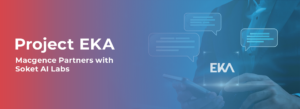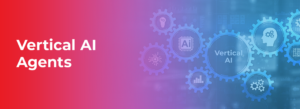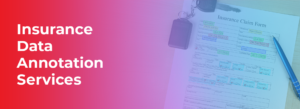- What Is Agentic AI?
- Agentic AI in Legal Contexts: Trends and Applications
- The Impact of Agentic AI on Legal Professionals
- Case Studies in Agentic AI Integration
- Ethical and Regulatory Considerations
- Future Outlook for Agentic AI in Legal Field
- How Legal Professionals Can Leverage Agentic AI
- Moving Forward with Confidence
Agentic AI in Legal Field: Revolutionizing the Practice of Law
The world is witnessing profound transformations brought about by Artificial Intelligence (AI). Among its many applications, law seems to be the most profoundly influenced. A gap is left, and the newest form of AI known as Agentic AI fills it beautifully. Agentic AI are systems that are capable of working on their own without human interference. Legal practitioners, especially lawyers, can no longer afford to ignore Agentic AI as their professional landscape shifts. What used to be a niche understanding is now an elementary prerequisite. This blog explores the role of Agentic AI in legal field, from its basic principles to its current applications, ethical challenges, and future possibilities. We’ll also look at actionable steps for legal professionals ready to harness the power of Agentic AI.
What Is Agentic AI?
Agentic AI describes an artificial intelligence system that performs tasks as an independent agent able to make decisions that fall within preset boundaries. Unlike conventional AI systems that depend entirely on user interaction, Agentic AI works on its own when carrying out activities such as document reviews, research, and even legal writing.
The significance of Agentic AI lies in its ability to analyze complex data and act upon it, making it especially valuable in fields demanding precision and expertise, such as law. Companies like Macgence play a critical role in enabling such intelligence by providing high-quality data to train AI/ML models effectively.
Agentic AI in Legal Contexts: Trends and Applications
The legal sector is increasingly leveraging AI to streamline operations, reduce costs, and enhance accuracy. Here’s how Agentic AI is being applied today:
1. Document Review & E-Discovery
Agentic AI accelerates the tedious process of document review by identifying relevant information and extracting key insights. Legal teams now rely on AI-driven tools to handle e-discovery, slashing the time needed for case preparation.
2. Legal Research
Researching case law, statutes, and regulations has never been easier or faster. Agentic AI tools analyze massive legal databases in seconds, delivering the most relevant precedents and arguments at lightning speed.
3. Contract Analysis
Drafting and reviewing contracts is a time-consuming process. Agentic AI can autonomously identify ambiguous terms, suggest improvements, and flag potential compliance issues, ensuring contracts are both thorough and accurate.
4. Predictive Analytics
AI systems can analyze past case outcomes and suggest probability-based predictions for legal disputes. This allows lawyers to strategize more effectively and improve client outcomes.
The Impact of Agentic AI on Legal Professionals
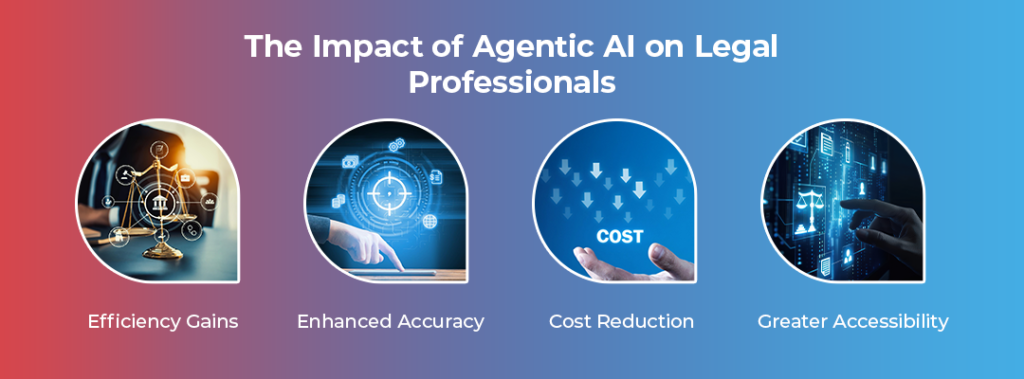
The adoption of Agentic AI is transforming the role of legal professionals in significant ways.
- Efficiency Gains: Automation of repetitive tasks frees up time for lawyers to focus on high-value activities like strategy development and client relationships.
- Enhanced Accuracy: Fewer manual errors mean higher-quality work, fostering trust among clients.
- Cost Reduction: By saving time and increasing productivity, Agentic AI reduces operational costs for law firms significantly.
- Greater Accessibility: Smaller firms can now access tools that were once only available to large enterprises, leveling the playing field.
Case Studies in Agentic AI Integration
1. Global Corporate Firm
A global firm implemented an AI-driven contract review system to handle high-volume agreements. The result? A 30% reduction in turnaround time and fewer overlooked errors.
2. Boutique Law Firm
A boutique practice specializing in intellectual property used predictive analytics to advise clients on the likelihood of patent litigation success, earning accolades for its use of innovative technology.
3. Legal Aid Organization
Agentic AI helped a nonprofit legal organization analyze client case histories, prioritizing those most likely to benefit from immediate legal intervention. This not only improved service delivery but also increased client satisfaction.
Ethical and Regulatory Considerations
While Agentic AI offers exciting opportunities, it also raises critical ethical and regulatory questions.
- Bias in Algorithms: AI systems can unintentionally reflect biases present in their training data. Organizations like Macgence prioritize diverse, high-quality datasets to mitigate bias risks.
- Concerns about privacy: Dealing with the confidential data in the legal sphere necessitates client information to be well-guarded.
- Accountability: Who bears the responsibility for AI-generated information? This topic is actively being discussed in various fields of law and other disciplines.
- Legislation: Regardless of the acceptance of AI, lawyers have the responsibility to ensure that the tools are AI compliant.
Future Outlook for Agentic AI in Legal Field
The future of Agentic AI in field is promising, with innovations focused on increasing adaptability and functionality. Key developments to watch for include:
- Real-Time Legal Assistance
Future AI systems may act as virtual legal assistants, offering real-time advice during negotiations, trials, and depositions.
- Deeper Insights through Natural Language Processing (NLP)
Enhanced NLP algorithms will enable AI to better understand legal nuances, improving the depth and accuracy of its output.
- Ethical AI Innovations
Continued advancements in ethical AI will ensure fair and unbiased decision-making, fostering greater trust in AI-driven legal tools.
How Legal Professionals Can Leverage Agentic AI
For legal professionals eager to stay ahead, here are actionable tips to effectively integrate Agentic AI into your practice:
- Invest in Training
Understand how to use AI tools effectively, either through guided workshops or self-paced online courses.
- Start Small
Explore basic tools for document review or research before implementing more complex systems like predictive analytics.
- Choose Trusted Vendors
Partner with reputable companies like Macgence, who provide high-quality training data for AI/ML systems, ensuring dependable performance and ethical compliance.
- Stay Updated
The AI landscape is constantly evolving. Follow industry updates and legal tech trends to adapt to new tools and features.
Moving Forward with Confidence
Agentic AI is not just another technological trend—it’s a game-changer for the legal industry. By automating repetitive tasks, analyzing data with unmatched speed, and offering actionable insights, it empowers legal professionals to focus on what they do best.
Are you ready to explore how Agentic AI can transform your legal practice? Stay informed, start small, and partner with trustworthy vendors like Macgence to make the most of this groundbreaking technology. The future of law is here—embrace it.
Frequently Asked Questions
Ans: – Agentic AI refers to AI systems capable of making autonomous decisions within specific parameters, making them especially useful for tasks like legal research, e-discovery, and contract analysis.
No, Agentic AI is not a replacement for legal professionals. It serves as a tool to enhance efficiency and decision-making, allowing lawyers to focus on complex, strategic tasks.
Ans: – Start by identifying repetitive tasks that could benefit from automation, like document review. Partner with trusted AI providers like Macgence to ensure high-quality performance and compliance with legal standards.
You Might Like
February 28, 2025
Project EKA – Driving the Future of AI in India
Spread the loveArtificial Intelligence (AI) has long been heralded as the driving force behind global technological revolutions. But what happens when AI isn’t tailored to the needs of its diverse users? Project EKA is answering that question in India. This groundbreaking initiative aims to redefine the AI landscape, bridging the gap between India’s cultural, linguistic, […]
March 7, 2025
What is Data Annotation? And How Can It Help Build Better AI?
Spread the loveIntroduction In the world of digitalised artificial intelligence (AI) and machine learning (ML), data is the core base of innovation. However, raw data alone is not sufficient to train accurate AI models. That’s why data annotation comes forward to resolve this. It is a fundamental process that helps machines to understand and interpret […]
March 6, 2025
Vertical AI Agents: Redefining Business Efficiency and Innovation
Spread the loveThe pace of industry activity is being altered by the evolution of AI technology. Its most recent advancement represents yet another level in Vertical AI systems. This is a cross discipline form of AI strategy that aims to improve automation in decision making and task optimization by heuristically solving all encompassing problems within […]
March 5, 2025
Use of Insurance Data Annotation Services for AI/ML Models
Spread the loveThe integration of artificial intelligence (AI) and machine learning (ML) is rapidly transforming the insurance industry. In order to build reliable AI/ML models, however, thorough data annotation is necessary. Insurance data annotation is a key step in enabling automated systems to read complex insurance documents, identify fraud, and optimize claim processing. If you […]

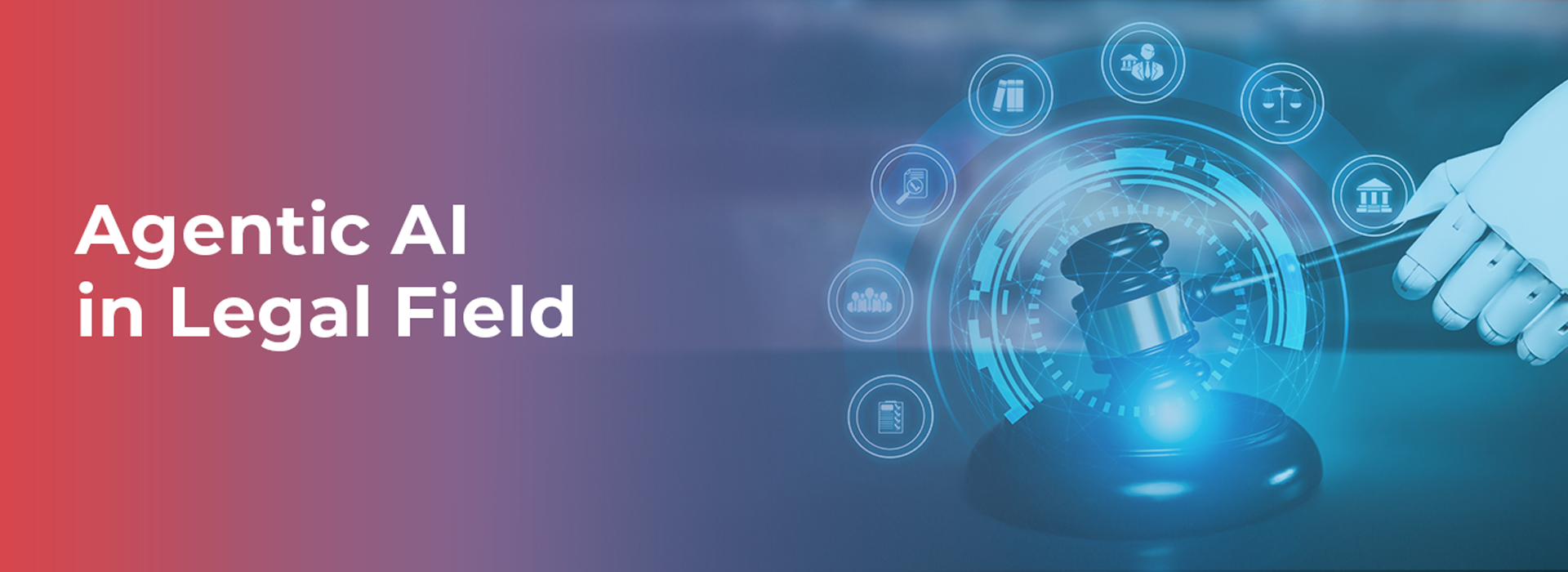
 Previous Blog
Previous Blog




